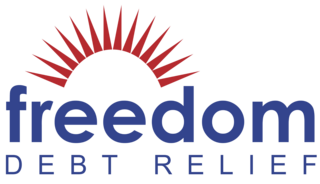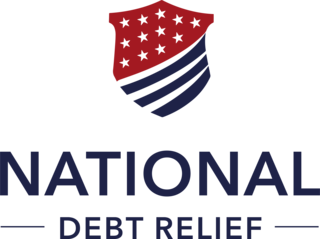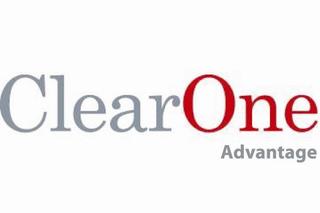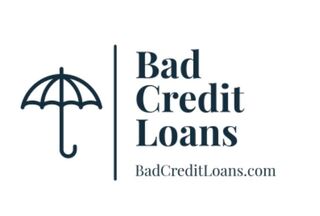What Is 'Good' Debt and How Can It Improve Your Finances?

The word – and concept of – debt typically triggers a negative reaction, and paying it off, and quickly, is often wise. Yet not all debts are bad. Some can actually work in your favor.
Obviously, little to nothing is good about carrying truly “bad” debt, like a payday loan or large credit card balance that you’re carrying for months and racking up hefty interest charges on. But other debt types, including your mortgage, can actually benefit you by adding strategic tools to your financial plan.
This article explores the concept of “good debt” and how it can work for you. Read on for more on the advantages some debts provide, and why you shouldn’t necessarily pay them off as quickly as you can.
Preserving your liquidity
Liquidity is the ability to convert assets to cash without a significant loss in value. It’s important to have liquidity to cover unexpected expenses and take advantage of worthy opportunities that might rise – like, say, a short term investment in your home or business.
Paying down a debt, like a mortgage or even a car loan, could leave you without the liquidity necessary to protect against emergencies. (Most planners advise having on hand a sum equal to at least three months of household expenses.)
Without those assets on hand, you could be forced to fund an unexpected expense or setback through taking on new debt. And that borrowing could well be costlier than the interest you saved by discharging your mortgage or other existing debt.
Maximizing returns on your money
It’s possible you can earn more on your money now, and in a relatively liquid way, than you’re paying in interest on an existing debt. If that’s the case, you could be ahead financially by using any available cash you have for the more rewarding investment option, rather than paying down the existing debt.
For example, in early 2021 and 2022, rates for mortgages were ranging between 2% and 3%. Yet in early September of 2024, high-yield savings accounts offer rates as high as 5%.
By holding your cash in such interest-earning accounts, you may earn more in interest than you’re paying in interest on your mortgage.
Example: If you have a $200,000 mortgage at a 3% interest rate, your annual interest cost is $6,000. Meanwhile, $200,000 in a high-yield savings account at 5% would earn $10,000 annually, netting you a positive return. (And that doesn;t consider that the mortgage interest may be deductible, as noted above.)
Enjoying tax benefits
There's a further reason why paying down a mortgage may not always be wise, and it involves your taxes. Interest you pay on certain loans can get favorable tax treatment. Most notably, homeowners can typically deduct the interest on a mortgage for their primary residence. That allows you to reduce your taxable income, and could result in significant tax savings.
For example, let’s suppose you have a mortgage on which you pay $10,000 in annual interest, after any paydown of the principal is considered. Let’s further assume you’re in the 24% income-tax bracket.
Given such a scenario, $10,000 paid in mortgage interest could result in a saving of $2,400 on your income taxes, because the amount you pay in interest can be deducted from your taxable income.
Leveraging your investments
Finally, there’s what else your money could do for you other than using it to erase a “good debt.” Those funds could be used to finance non-traditional investments that generate returns for you, at least eventually. Examples include buying real estate that might appreciate or create rental income or taking a stake in a business venture that might appreciate in value.
You might also invest in yourself through paying for further education that could boost your earnings. According to the U.S. Bureau of Labor Statistics, individuals who have a master’s degree, for example, earn approximately 20% more in income than those who have only a bachelor’s degree.
Naturally, there’s no guarantee that these and other potential uses for funds will deliver a financial benefit. It’s important, then, to exercise your due diligence to ensure the return on investment on the venture, as well as the amount of risk you are comfortable with in your financial life.
Indeed, don’t rush into any move that involves managing debt, other than the most obvious – to discharge debt on which you’re paying a high rate of interest, if at all possible.
Rather, seek guidance from your bank – and any other financial advisors you have, like financial planners, accountants, or attorneys– to find out if there are ways to have debt work for you, rather than against you.
Advice from guest contributors like Jack does not necessarily reflect that of Money and its staff.
Here’s Money’s list of America’s best financial planners.






